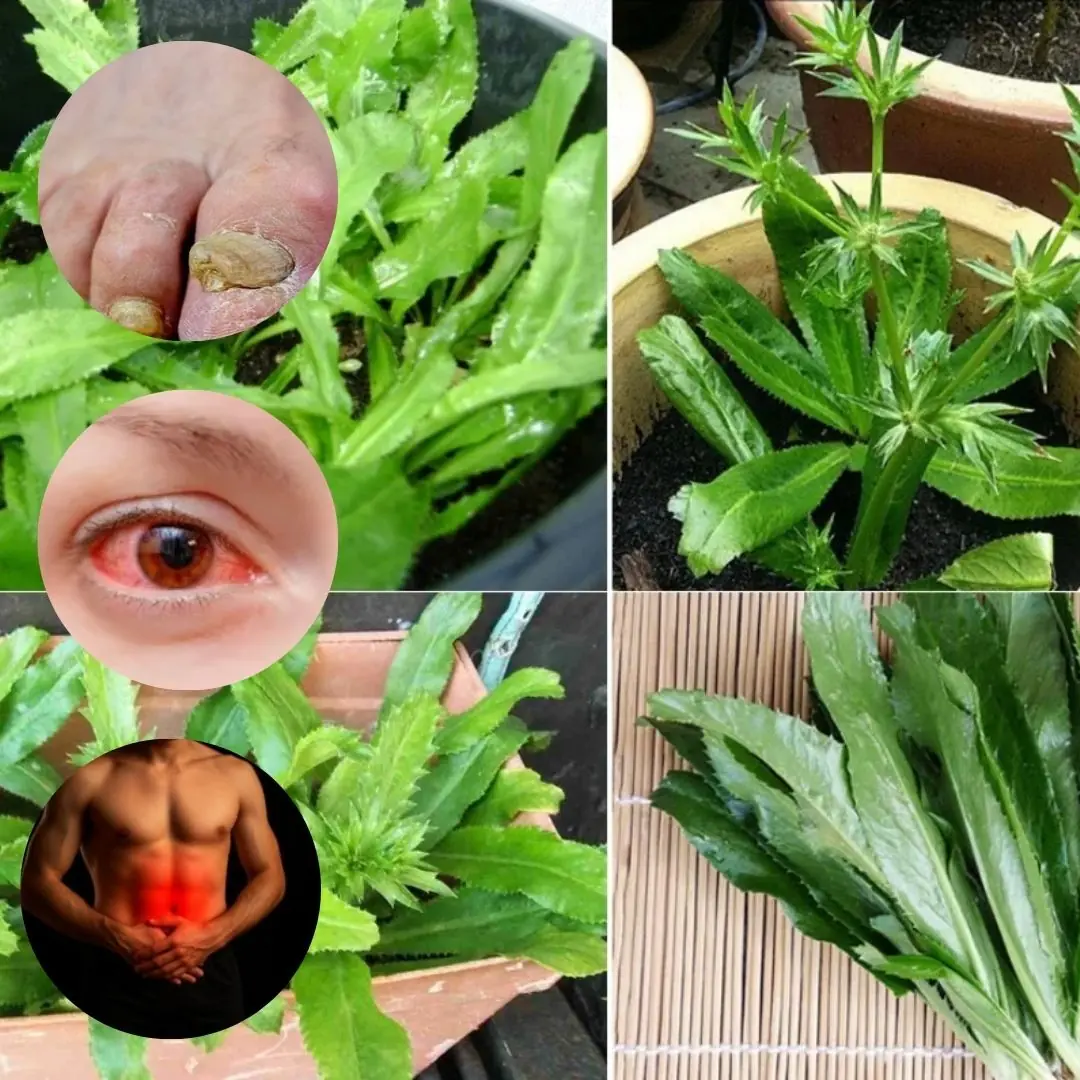
The #1 silent sign your kidneys are in trouble (and it’s not your urine)
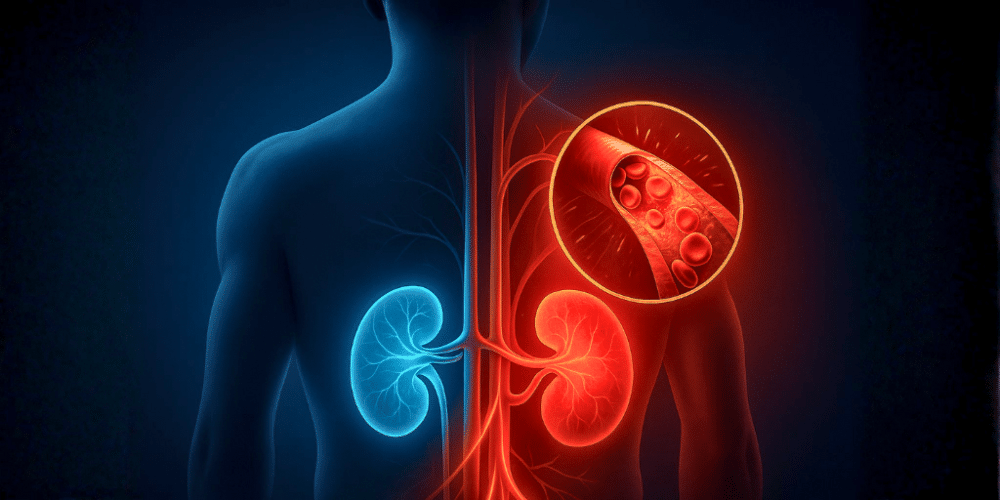
Have you ever wondered why your urine sometimes turns bright fluorescent yellow after taking vitamins, or why it can appear foamy on certain days? Could these be early warnings of kidney disease? In most cases, probably not. Yet, it’s fascinating how much your urine can reveal about your kidney health. And why should you care? Because kidney disease is increasingly common, and far too many people remain completely unaware that their kidneys are silently deteriorating. The goal here isn’t to alarm you, but to equip you with the knowledge you need to protect your kidneys and help them last a lifetime. Understanding even small signals from your body can make a huge difference.
While changes in urine are important clues, the single most critical early sign of kidney trouble is something many people dismiss as “normal.” In this article, we’ll explore the subtle—but telling—clues your body sends, from the toilet bowl to your vital signs, so you can act proactively. Recognizing these signals early is key, because nine out of ten people with chronic kidney disease remain unaware until significant damage has occurred. But with the right knowledge and habits, you don’t have to be part of that statistic. (Insights inspired by Jia-Yia Liu)
Key Takeaways
The #1 Sign: Persistent high blood pressure is the earliest and most important indicator of kidney strain, often appearing long before other symptoms.
Urine Clues: Foaminess, unusual colors, and changes in urination frequency are warning signs your body gives you when something isn’t right.
Silent & Irreversible: Kidney damage progresses quietly over years. You are born with a fixed number of kidney filters (nephrons), and once they are gone, they cannot regenerate.
You Are in Control: Monitoring your blood pressure, being mindful of medications, and making smart dietary choices are powerful ways to protect your kidneys.
1. What Your Toilet Bowl Can (and Can’t) Tell You
It might sound odd, but paying attention to your urine is a simple first step in monitoring your kidney health. An adult typically urinates four to eight times per day. If you’re drinking roughly two liters of fluids daily, about 1.5 liters should be excreted.
Urinating very little (less than half a liter per day) could indicate severe dehydration or potential issues with your kidneys, bladder, or prostate. Conversely, frequent urination can be caused by many factors, including diuretics, high salt or protein intake, or simply drinking too much liquid. However, excessive nighttime urination may also point to uncontrolled blood sugar, pre-diabetes, or diabetes. When your blood sugar is elevated, your body attempts to expel excess glucose through urine, pulling water along and causing dehydration.
2. The Mystery of Foamy Urine: Could It Signal Leaky Filters?
Have you noticed persistent bubbles or foam in your urine? A few bubbles from a strong stream are normal, but continuous foam may indicate protein in the urine, a condition called proteinuria. Think of it like frothing milk for a latte—the proteins stabilize the bubbles. Healthy kidneys should filter out almost no protein.
When kidney filters, called glomeruli, are damaged, protein leaks into the urine. Conditions such as diabetes, high blood pressure, and kidney inflammation can cause this. Contrary to popular belief, eating more protein doesn’t directly cause proteinuria; dietary protein is broken down into amino acids before absorption. However, excessive protein intake can strain your kidneys and exacerbate dehydration. Foamy urine signals that your body’s own proteins are escaping, which is a red flag for kidney health.
3. Decoding Your Urine’s Color and Acidity
Color changes in urine can reveal much about your health. A pink or red tint may indicate blood, which is never normal (except during menstruation). Causes can include kidney stones, infections, or even cancer. Brown or tea-colored urine may suggest old blood or bilirubin, pointing to potential liver issues.
Your diet also impacts urine chemistry. High-animal-protein diets, like ketogenic or carnivore diets, increase acidity, forcing kidneys to work harder to excrete excess acids. Acidic urine raises the risk of uric acid kidney stones. On the other hand, plant-based diets generally produce more alkaline urine, which can reduce stone risk. Dehydration further concentrates minerals, increasing the likelihood of crystallization and stone formation.
4. Medications That Could Harm Your Kidneys
Your kidneys are highly sensitive to medications. Many over-the-counter drugs, particularly NSAIDs like ibuprofen and naproxen, can damage kidneys if used excessively. Millions take these regularly without realizing the risks.
Prescription medications can also impact kidney function, but doctors typically monitor kidney health for patients on potentially nephrotoxic drugs. The key is awareness: never stop a prescribed medication without consulting your healthcare provider, and discuss all supplements and over-the-counter drugs you take. Being proactive prevents inadvertent kidney damage.
5. Your Kidneys’ “Bank Account”: Understanding Nephrons
Here’s a crucial fact: you are born with all the kidney filters (nephrons) you will ever have—about one to two million per kidney. Unlike other tissues, kidneys do not generate new nephrons after birth. Once lost, they’re gone forever.
You can live normally even after losing many nephrons (like after kidney donation), but this resilience makes kidney disease deceptively silent. Symptoms typically appear only after more than 50% of nephrons are damaged, which is why early detection is vital.
6. The #1 Sign of Kidney Damage: Persistent High Blood Pressure
Persistent high blood pressure is the most important early warning sign of kidney stress. Many people feel fine despite years of elevated blood pressure, but this silent strain damages the delicate blood vessels in the kidneys, as well as the heart and brain.
Think of it like water pressure in pipes: constant high pressure eventually causes leaks and bursts. In kidneys, this reduces their ability to manage sodium and fluid, further raising blood pressure in a vicious cycle. By the time standard lab tests detect damage, more than half of the nephrons may already be lost. Monitoring blood pressure is your first line of defense.
7. Taking Control: Protecting Your Kidneys for Life
The most powerful tool to safeguard your kidneys is controlling blood pressure. Affordable home monitors make it easy to track readings consistently.
Diet is equally important: reduce sodium, moderate protein intake, and manage blood sugar levels. Blood pressure medications act as a protective bridge, allowing lifestyle changes to take effect. Sporadic medication use is ineffective; consistent monitoring and adherence, combined with lifestyle adjustments, help slow kidney damage and can even reduce medication dependence over time.
Conclusion
Think of kidney health like managing credit card debt: small issues may go unnoticed but accumulate into significant problems. Kidney disease remains silent until advanced, with consequences like swelling, fatigue, anemia, and eventually dialysis. Don’t wait for obvious urinary changes—the most critical clue is your blood pressure. By monitoring it, working with your doctor, and making mindful lifestyle choices, you can protect your kidneys and ensure they support you for decades to come.
News in the same category

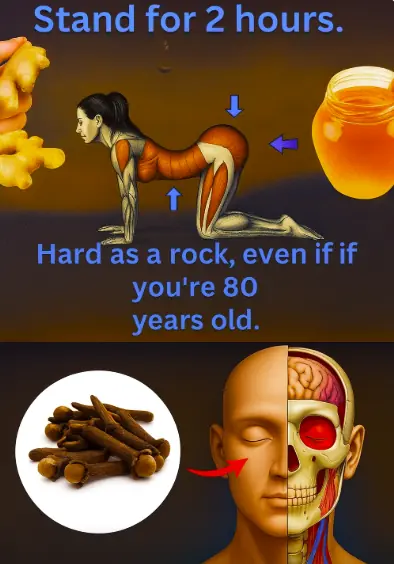
Ginger, Clove, and Honey: The Natural Trio Your Body Will Thank You For

Routine Smoothie Ingredient Causes Severe Food Pipe Obstruction In Health-Conscious Teen
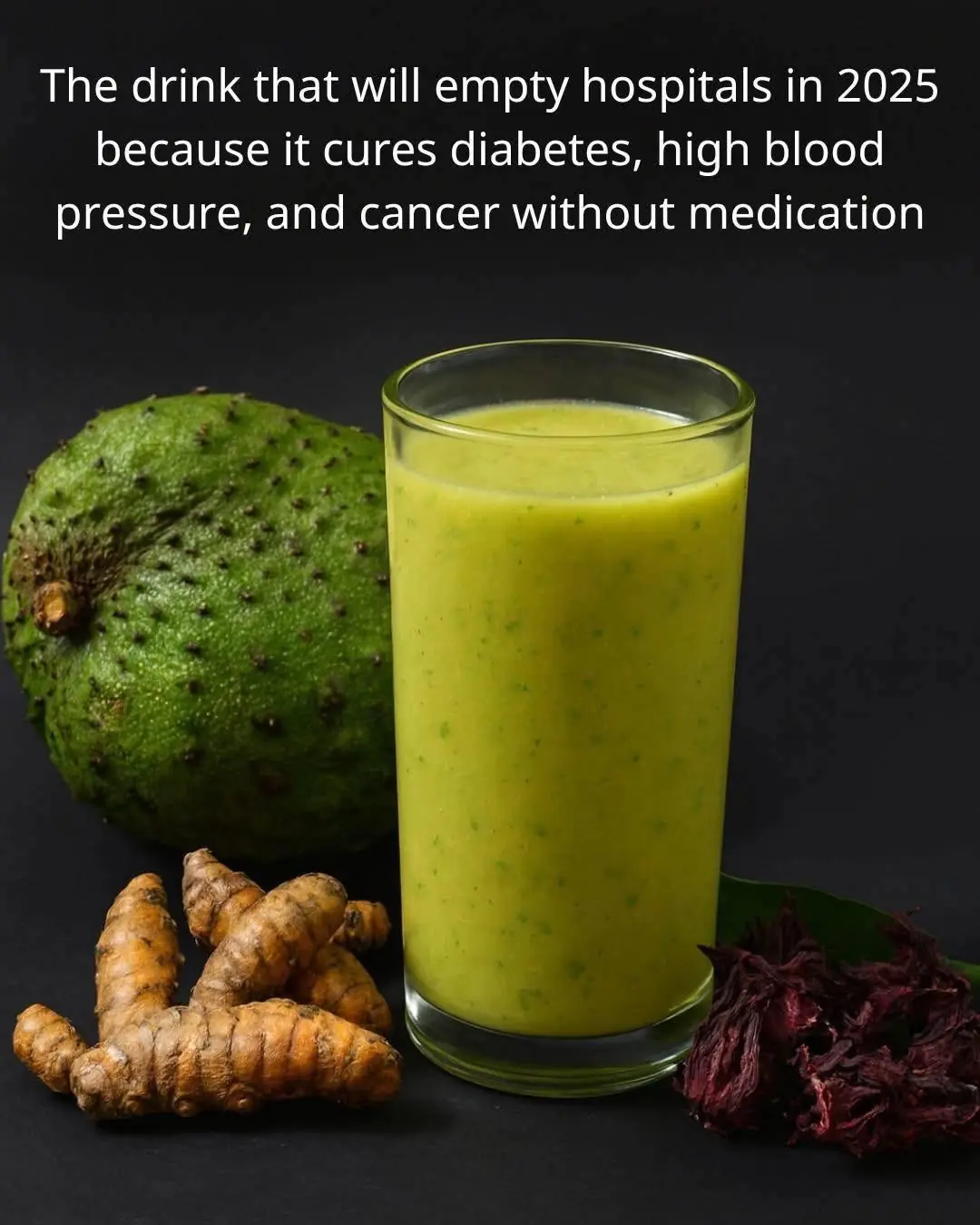
The Drink That’s Gaining Attention in 2025: A Natural Blend to Support Blood Pressure, Diabetes, and More

Man Passed Away After Eating Eggs — Stop Eating Eggs This Way Immediately
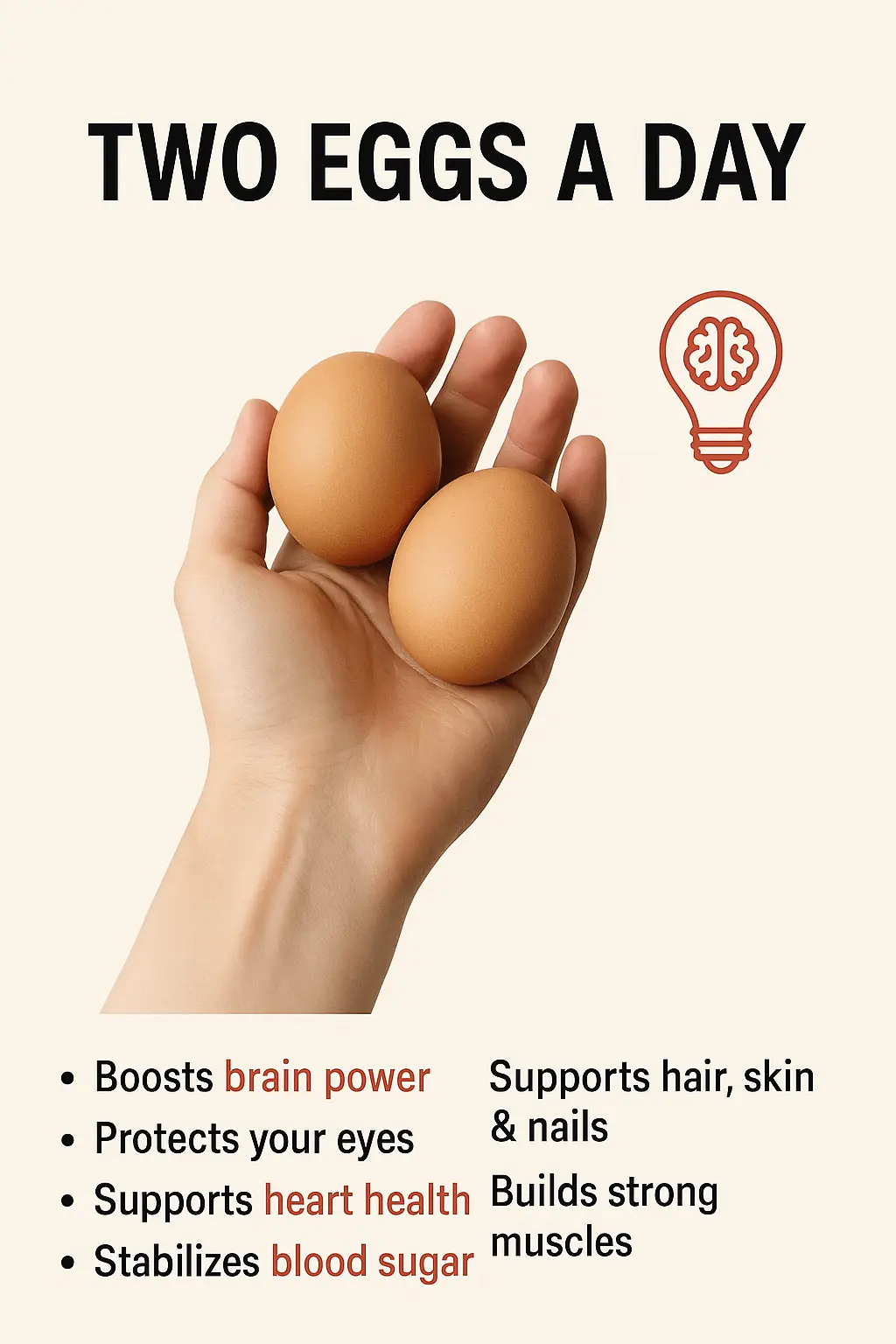
Two Eggs a Day — Small Habit, Big Health Boost
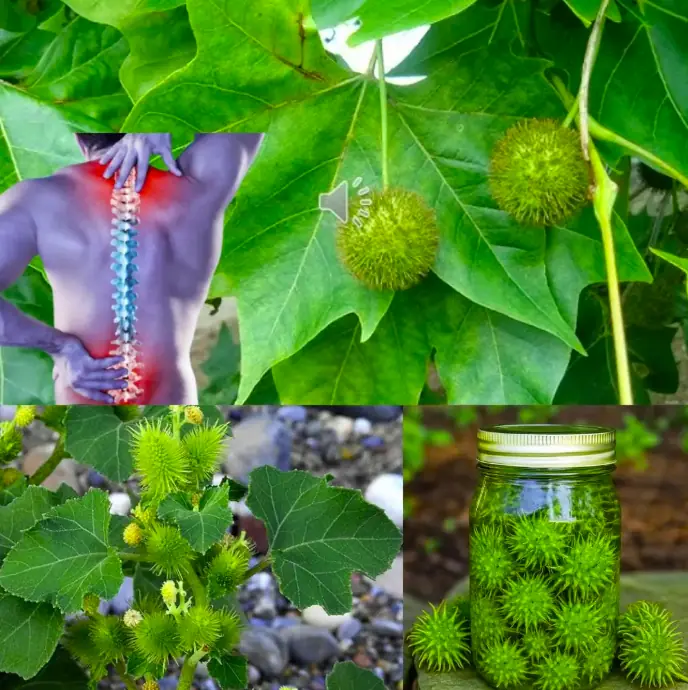
Sweetgum’s Hidden Powers: 7 Surprising Health Benefits You Need to Know
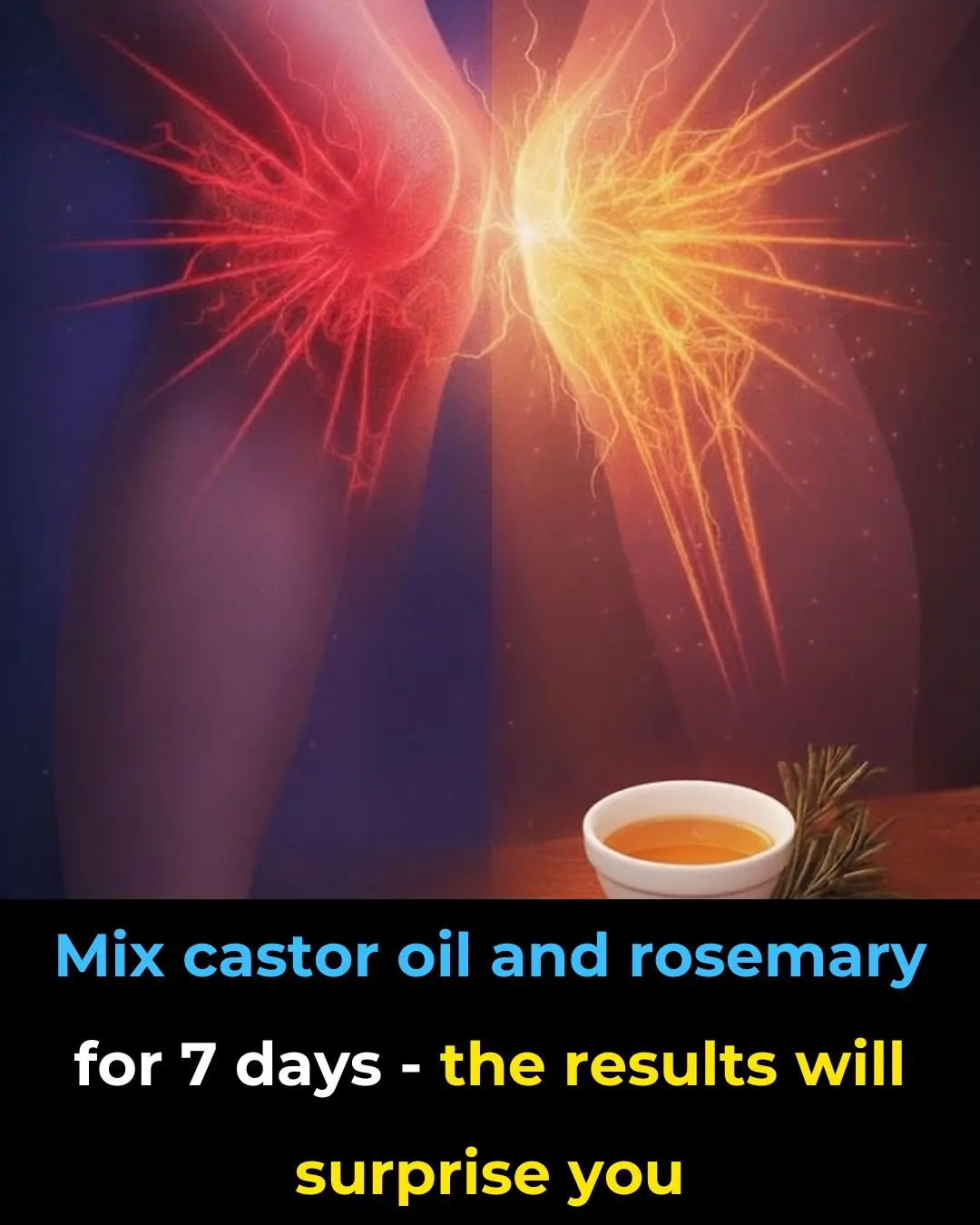
Mix castor oil and rosemary — the 7-day results will surprise you
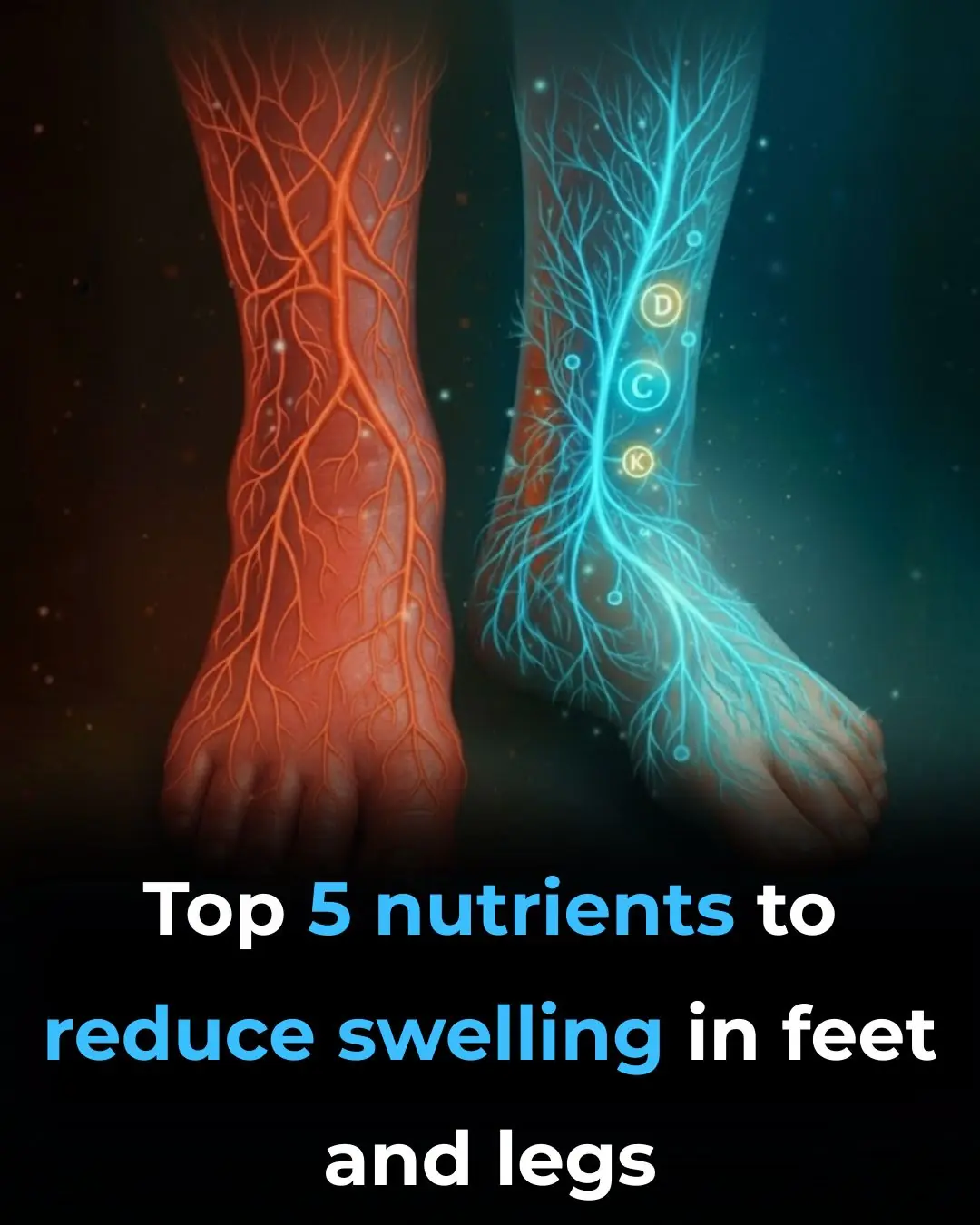
Top 5 Nutrients to Reduce Swelling in Feet and Legs
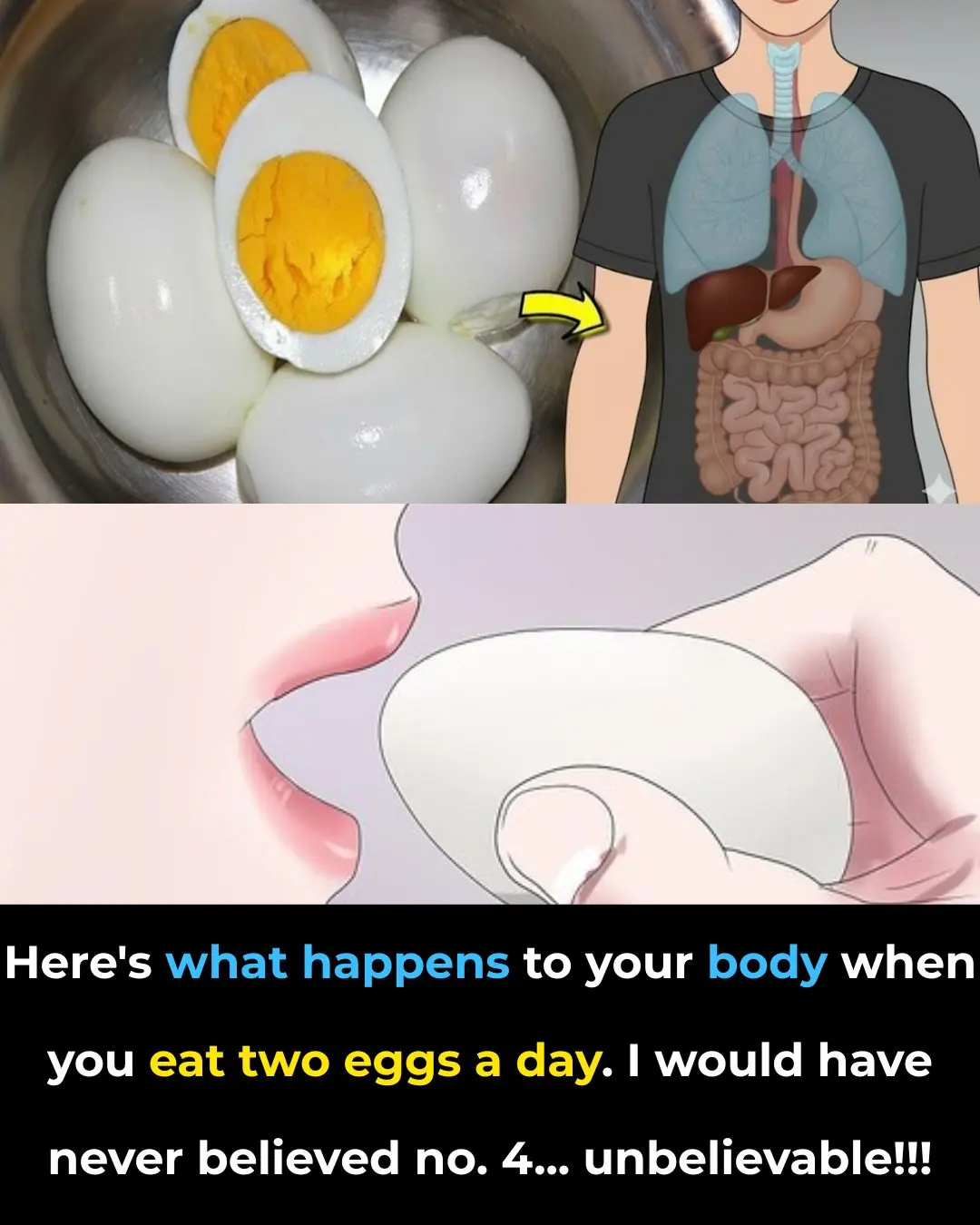
Proven Health Benefits of Eating Eggs Based on Evidence

5 Powerful Vitamins That Help Stop Acid Reflux Naturally
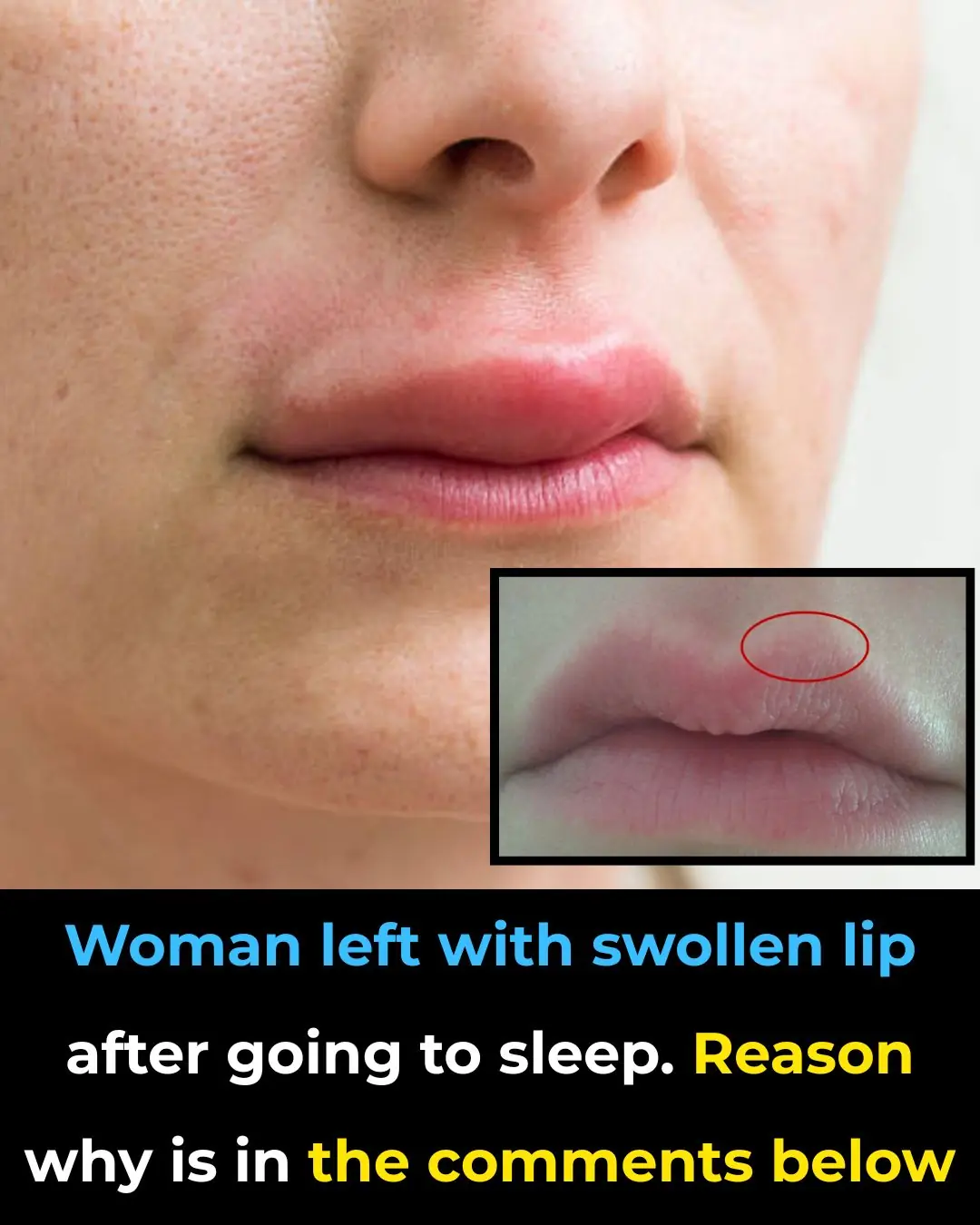
Woman Left with Swollen Lip After Centipede Bites Her in Sleep
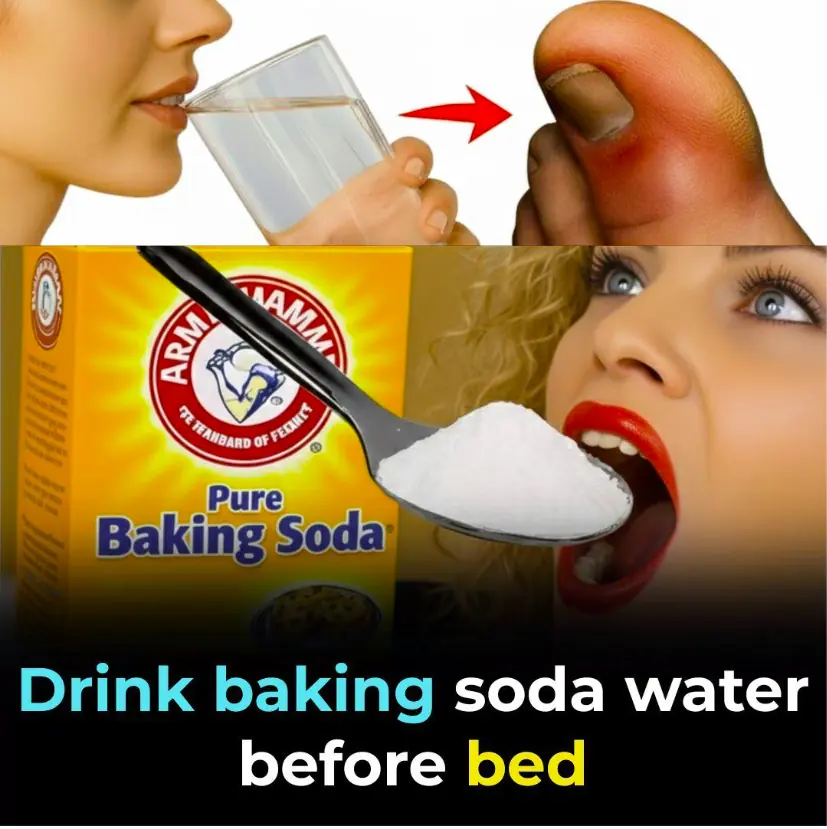
Unlock Baking Soda’s Hidden Powers Today
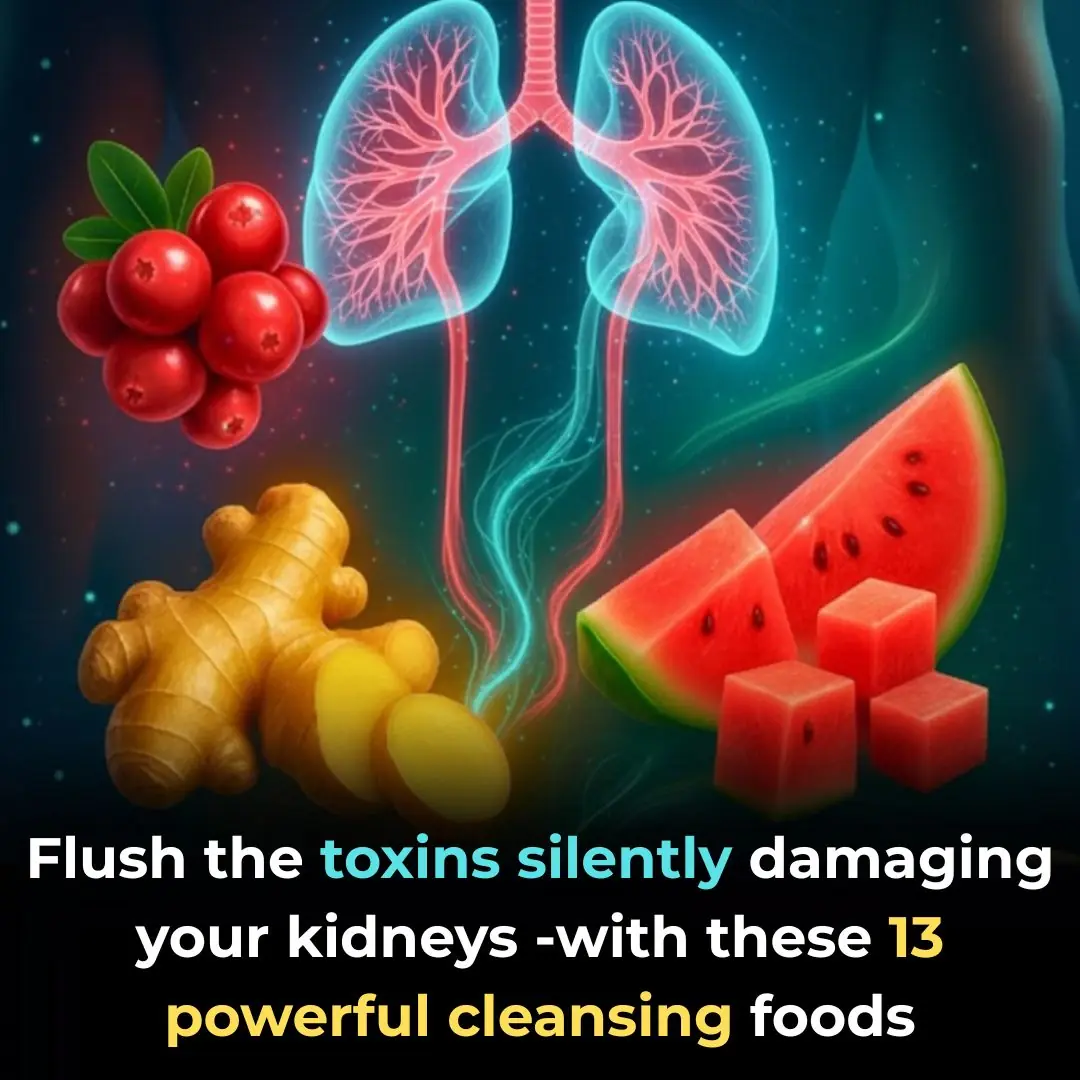
Flush the toxins silently damaging your kidneys — with these 13 powerful cleansing foods
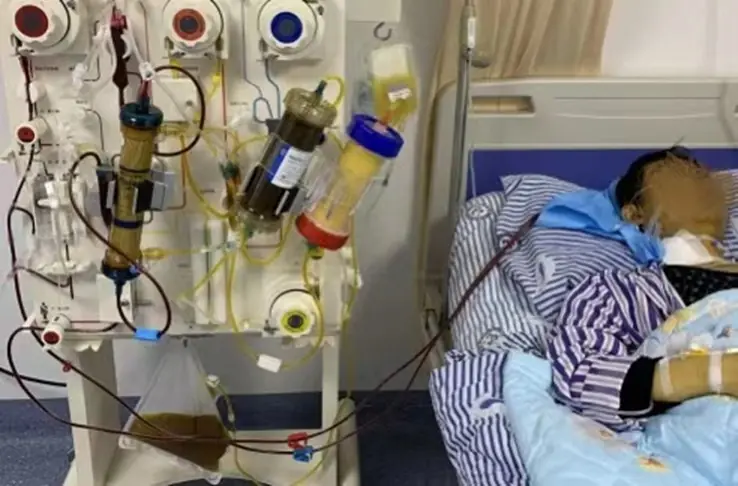
A 30-year-old man suddenly suffered kidney failure: 5 daily habits that silently destroy the kidneys
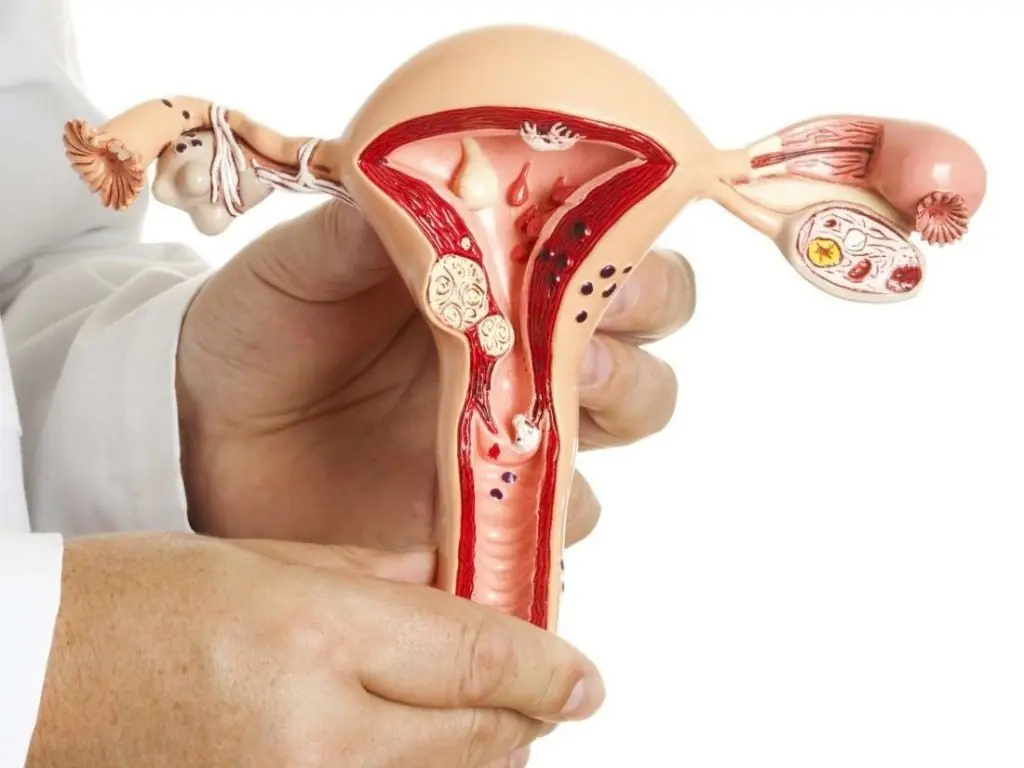
Eating fish in a way many people believe to be highly nourishing, the young woman ended up with premature ovarian failure and a body full of mercury
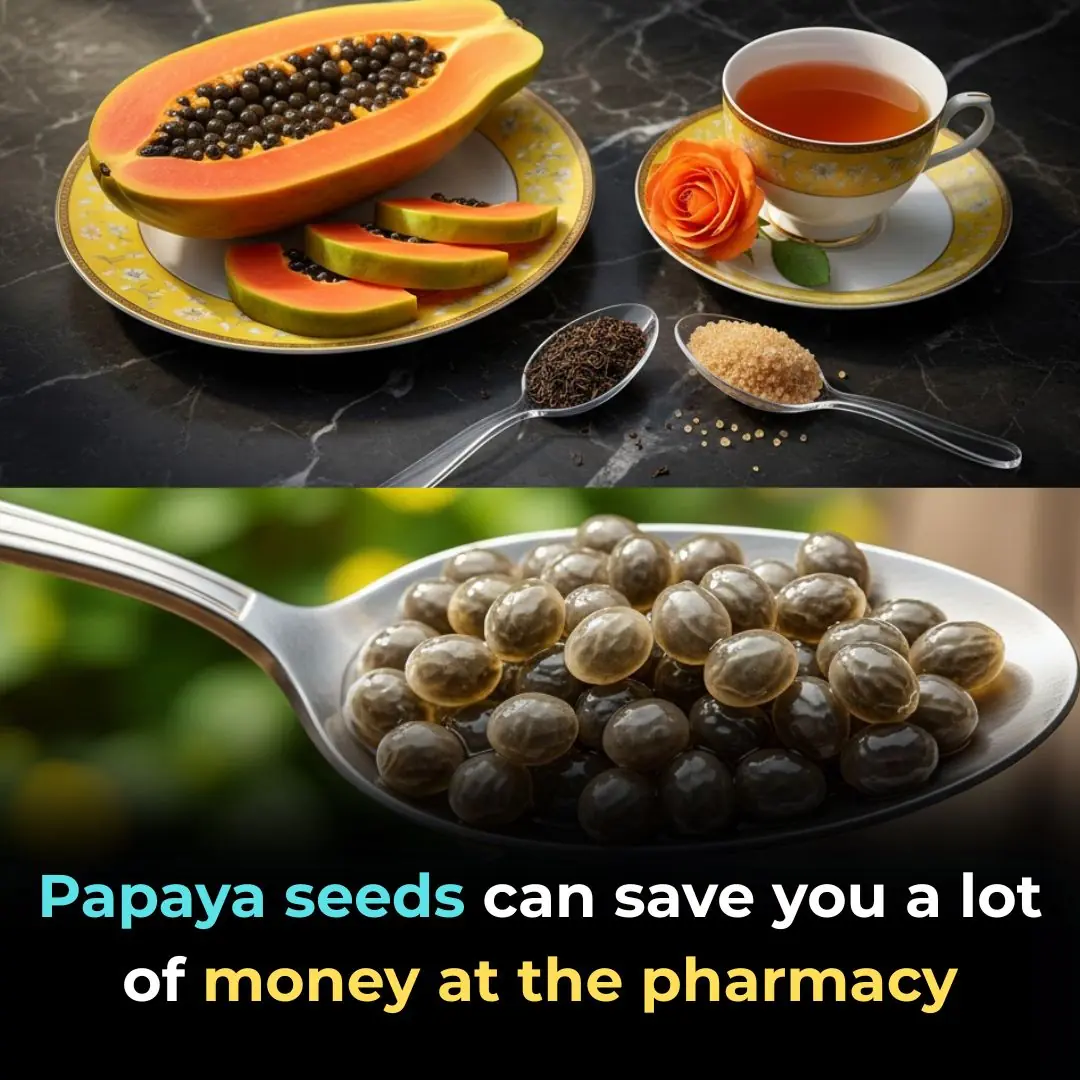
Papaya Seeds: A Powerful Remedy for Liver Health and How to Use Them as a Pepper Substitute

He drank hot tea every day. The results of his health check left him stunned
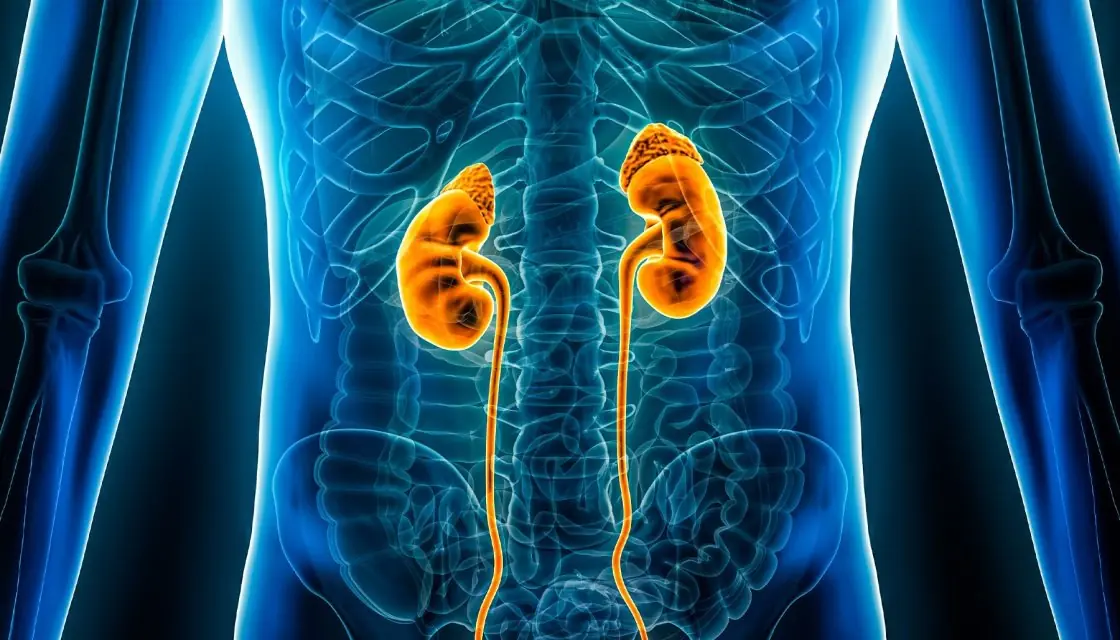
IF YOUR BODY SHOWS THESE EARLY WARNING SIGNS YOU NEED TO GET YOUR KIDNEY CHECKED FAST
News Post
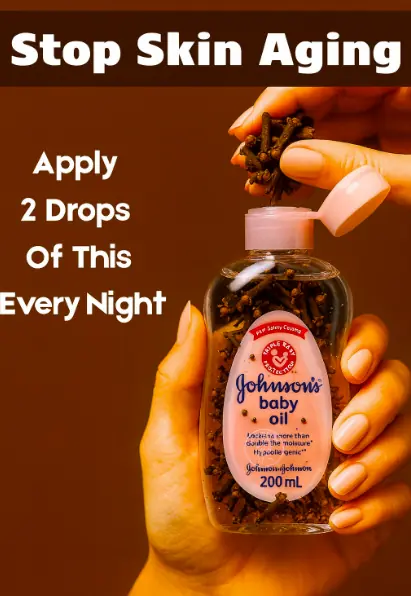
Reverse Skin Aging With Cloves & Baby Oil

Culantro: The Hidden Gem of Your Garden

Ginger, Clove, and Honey: The Natural Trio Your Body Will Thank You For

Papaya Leaves and Onion Juice: The Secret Elixir for Rapid Hair Growth and Amazing Thickness

Routine Smoothie Ingredient Causes Severe Food Pipe Obstruction In Health-Conscious Teen

The Drink That’s Gaining Attention in 2025: A Natural Blend to Support Blood Pressure, Diabetes, and More
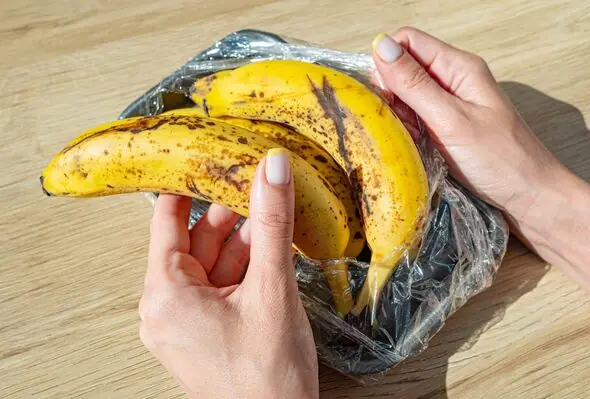
When you eat a banana with spots that is turning brown, here's what happens to your body

Man Passed Away After Eating Eggs — Stop Eating Eggs This Way Immediately

Two Eggs a Day — Small Habit, Big Health Boost
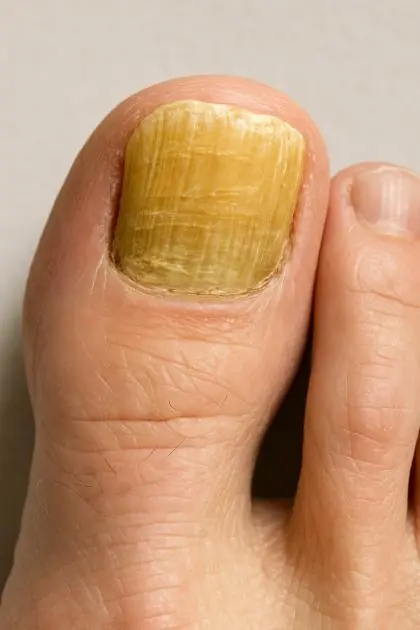
My toenail turned thick and yellow. Clinic can’t see me anytime soon. What is this?
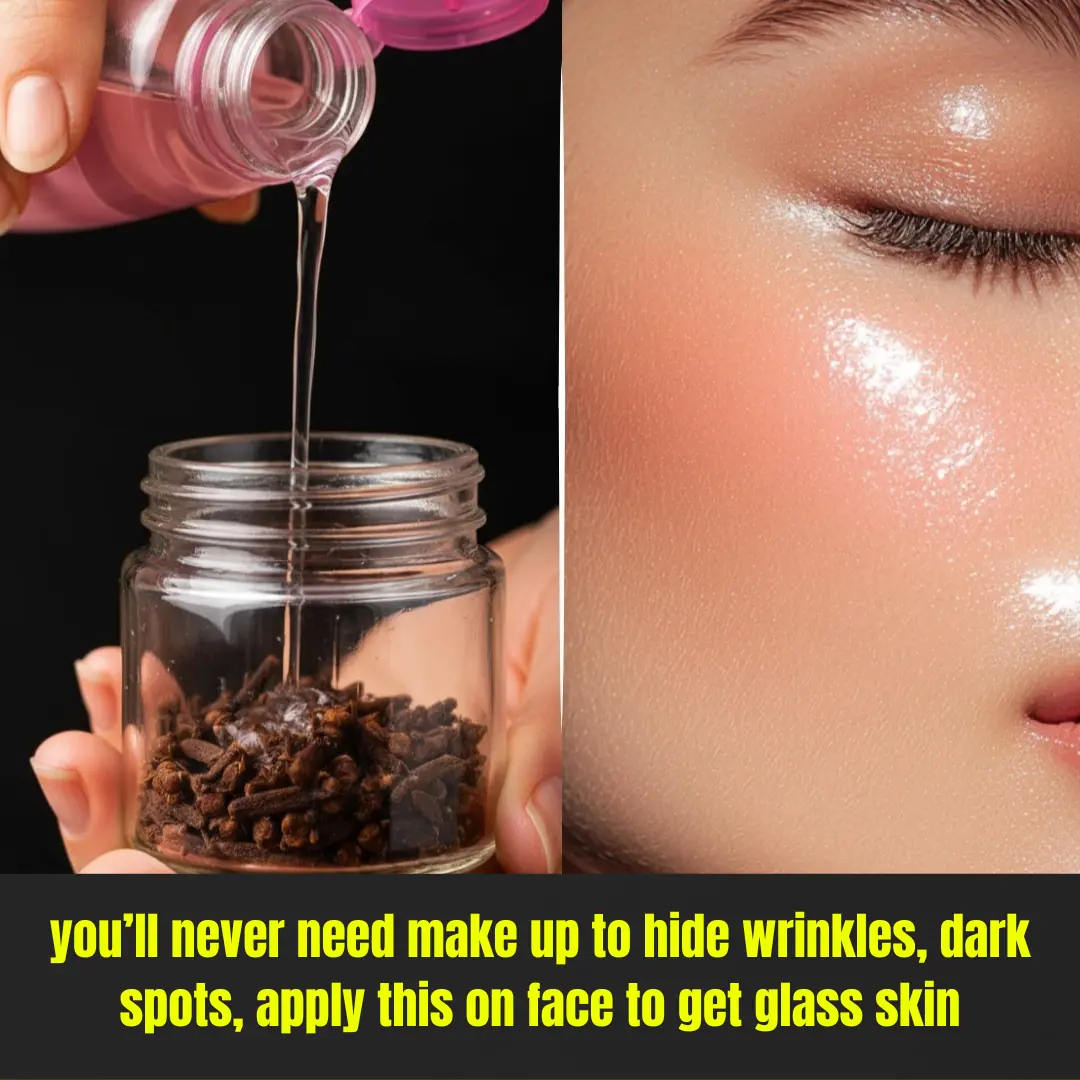
Face Toner With Cloves & Rose Water: No Wrinkles, No Age Spots
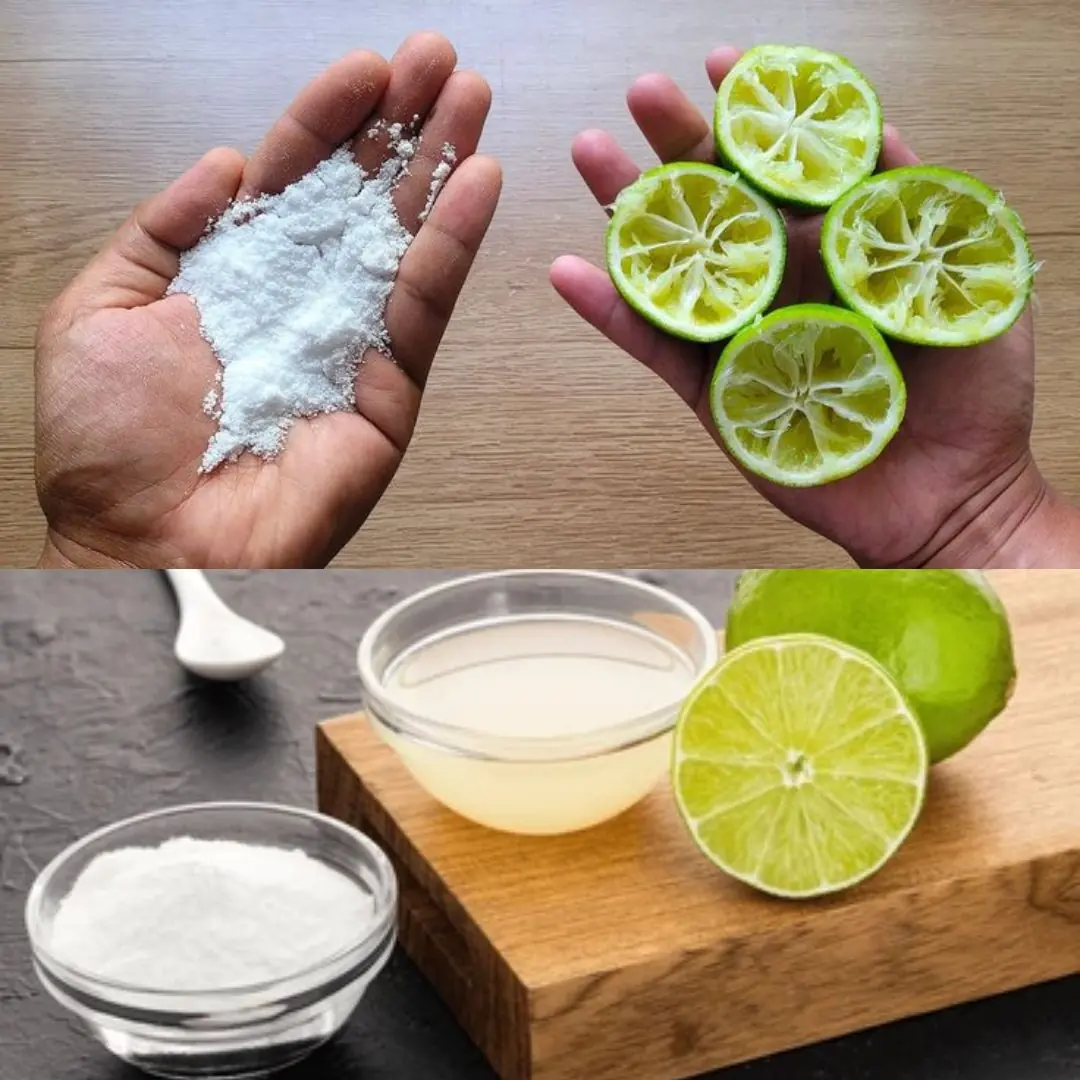
Homemade Lemon Peel Cleaners: Two Powerful Recipes for a Spotless Home

Sweetgum’s Hidden Powers: 7 Surprising Health Benefits You Need to Know

Nourish & Revitalize: How Guava Leaf, Aidan Fruit, and Okra Support Women’s Health
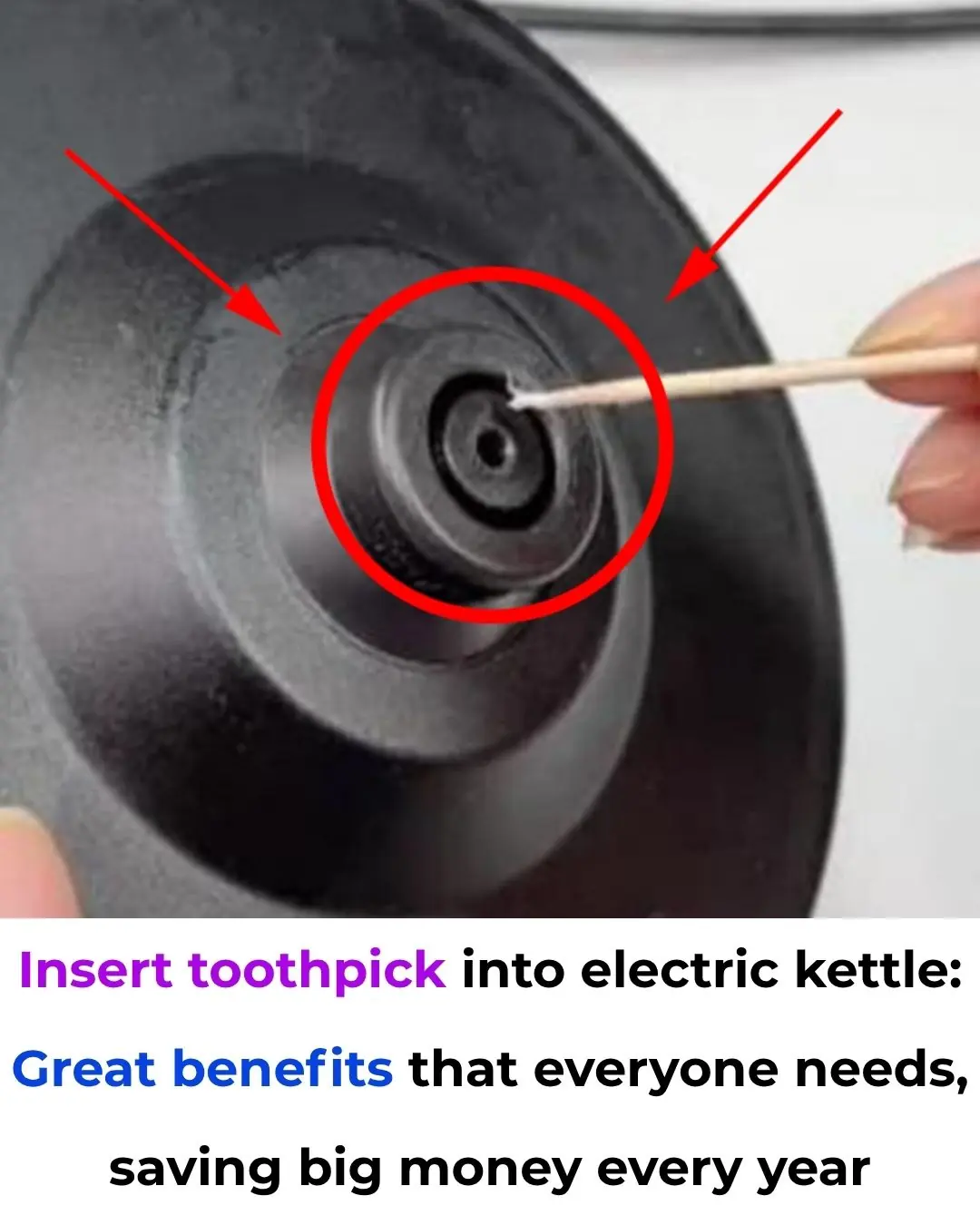
Stick a Toothpick into Your Electric Kettle: Amazing Benefits Every Home Needs, Save Hundreds Each Year
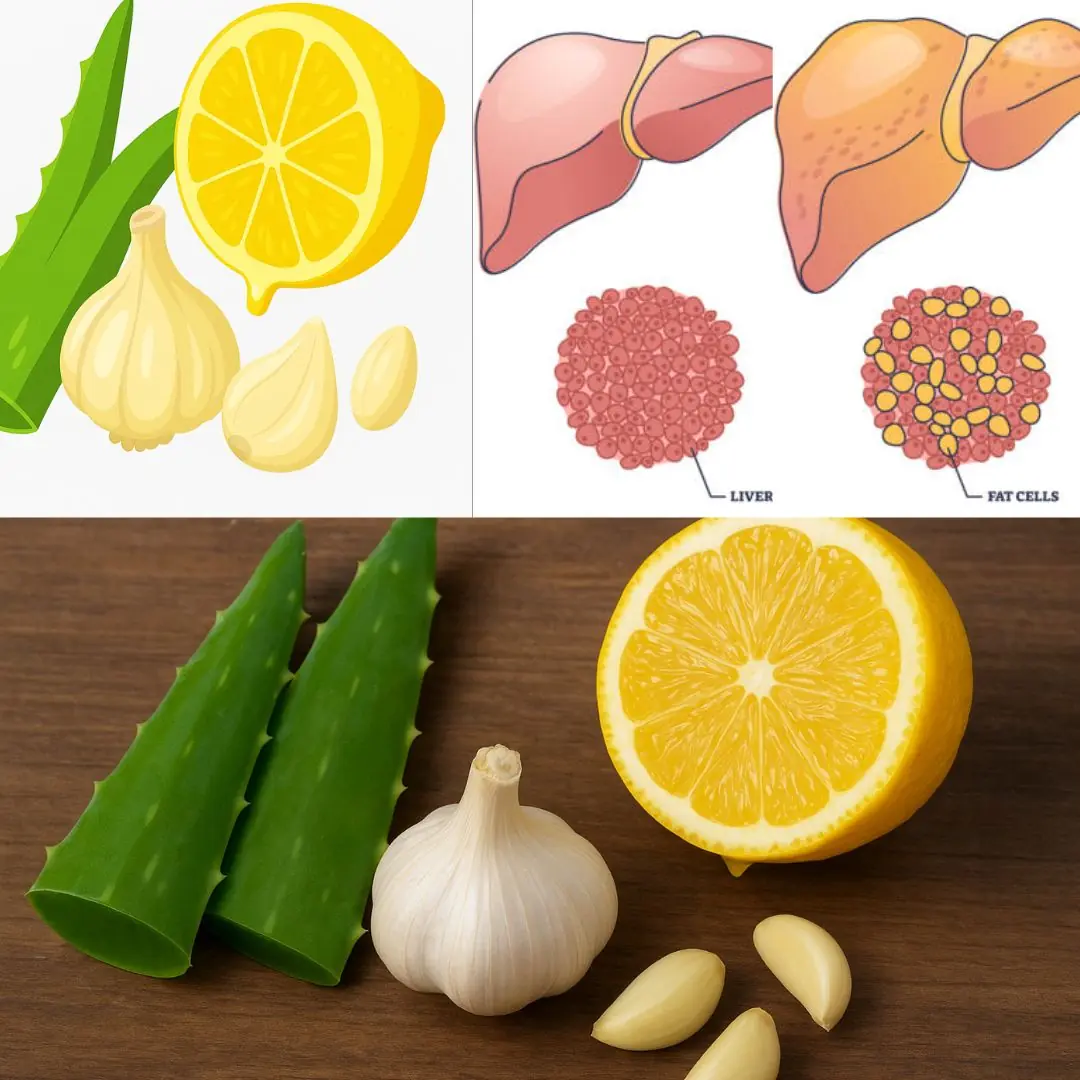
Aloe Vera Super Remedy: Stronger Than Garlic, Lemon, and Fights Bacteria & Fungi Naturally
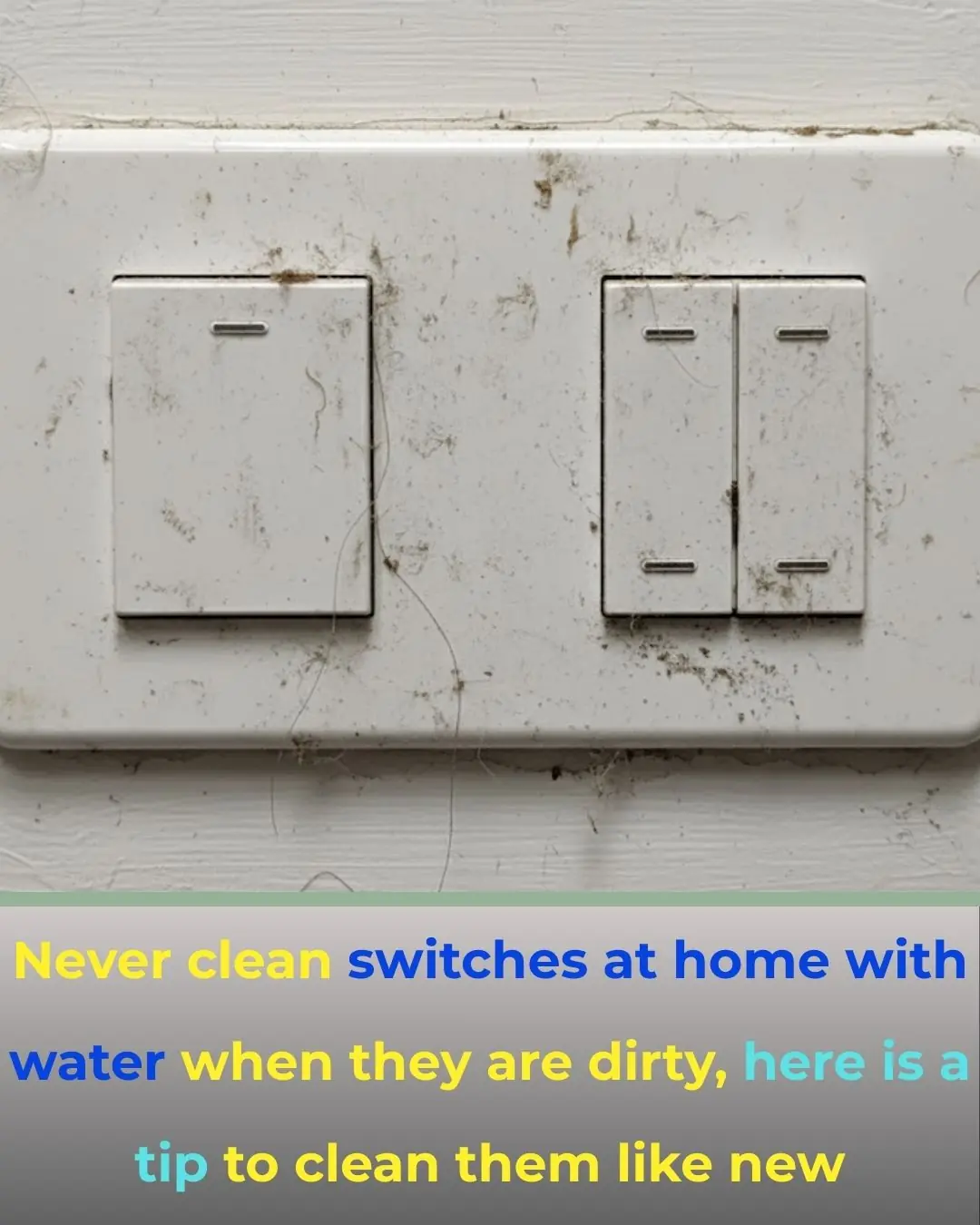
Never Clean Your Light Switches with Water: Here’s a Safe Trick to Make Them Shine Like New
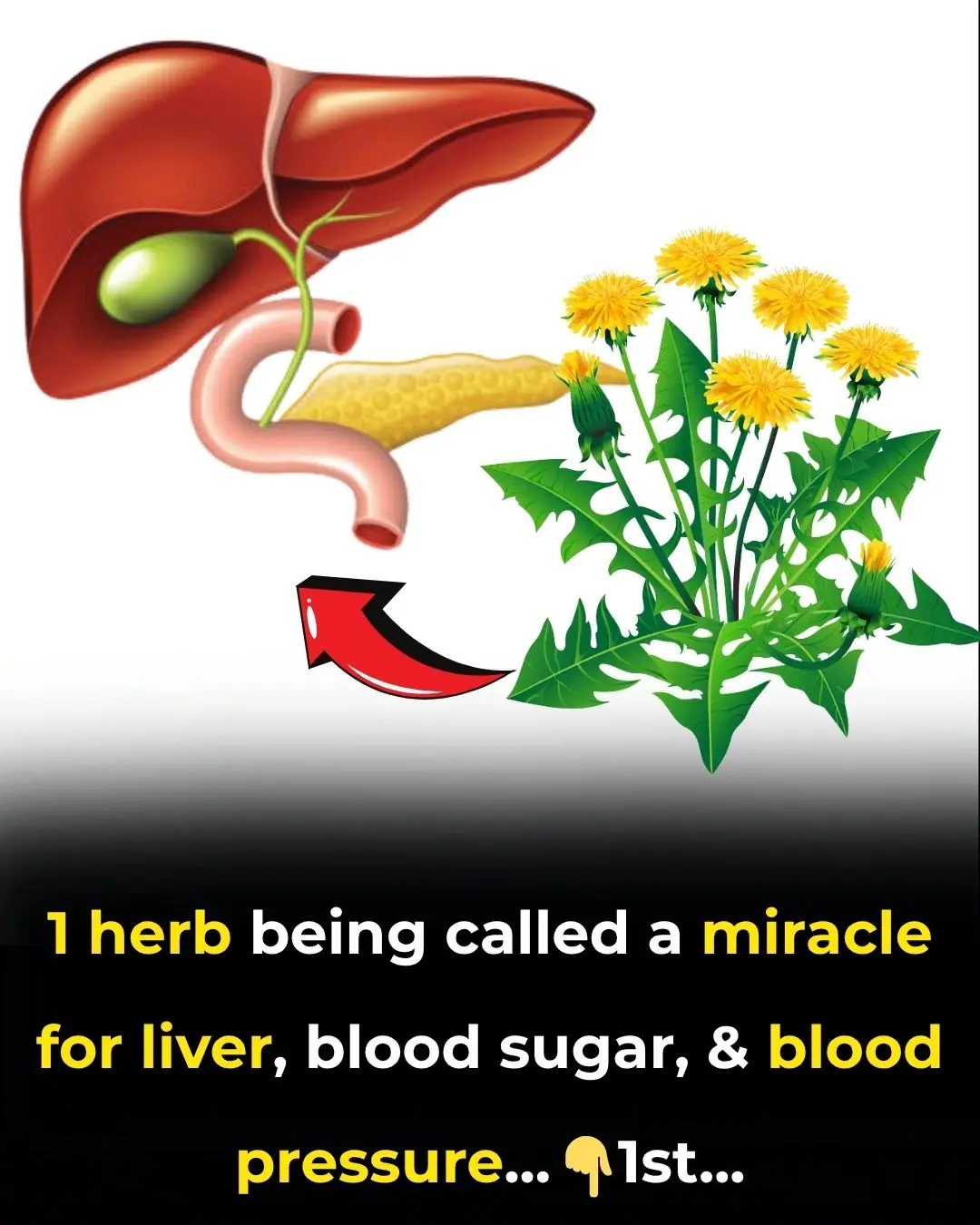
1 herb being called a miracle for liver, blood sugar, and blood pressure

Mix castor oil and rosemary — the 7-day results will surprise you
